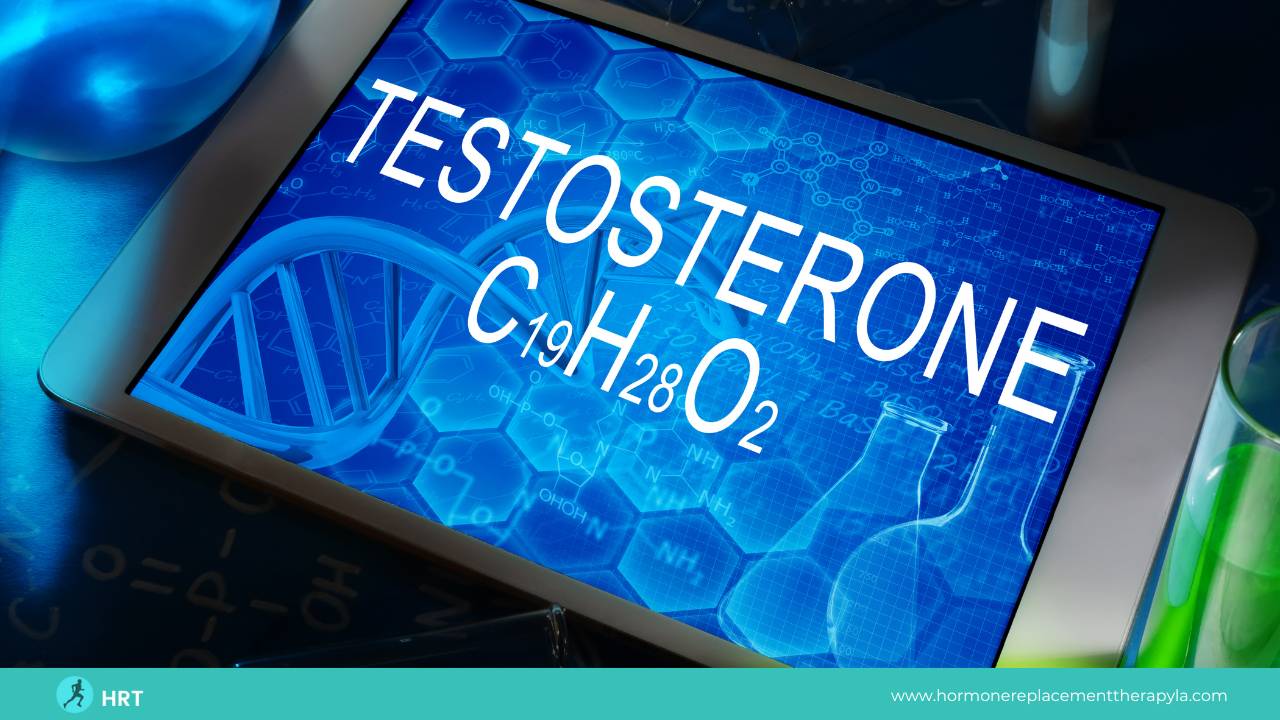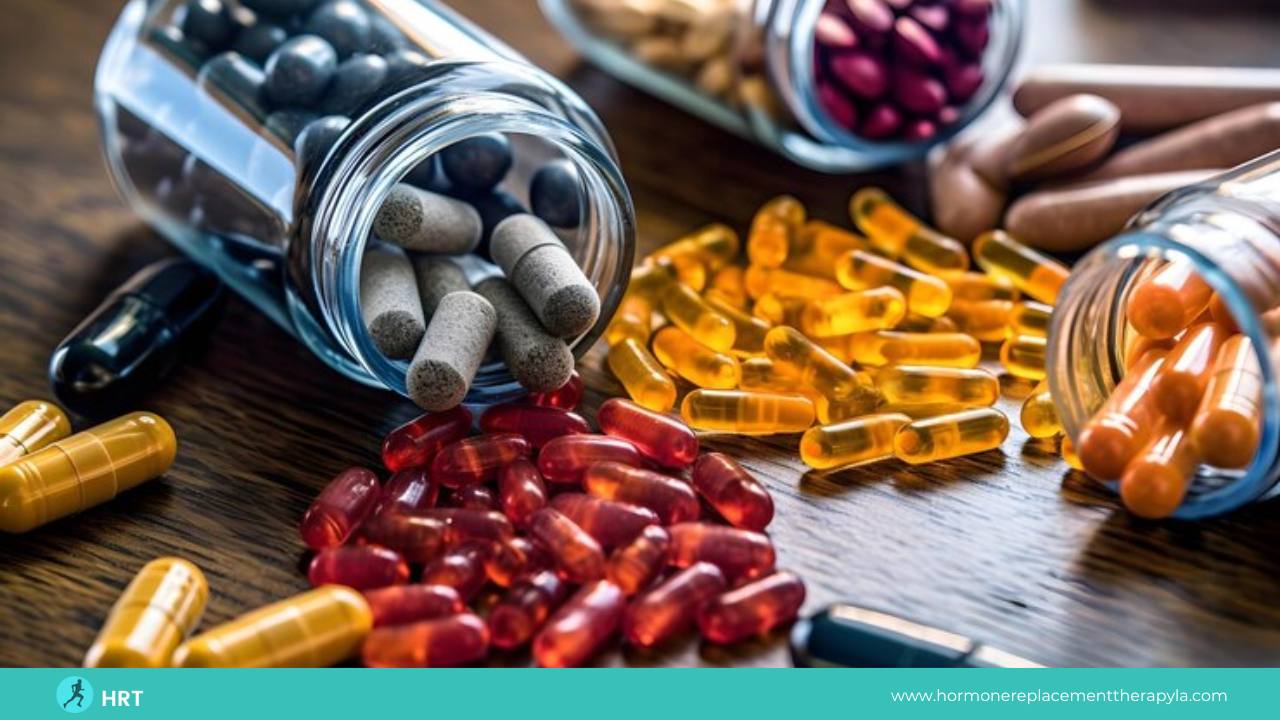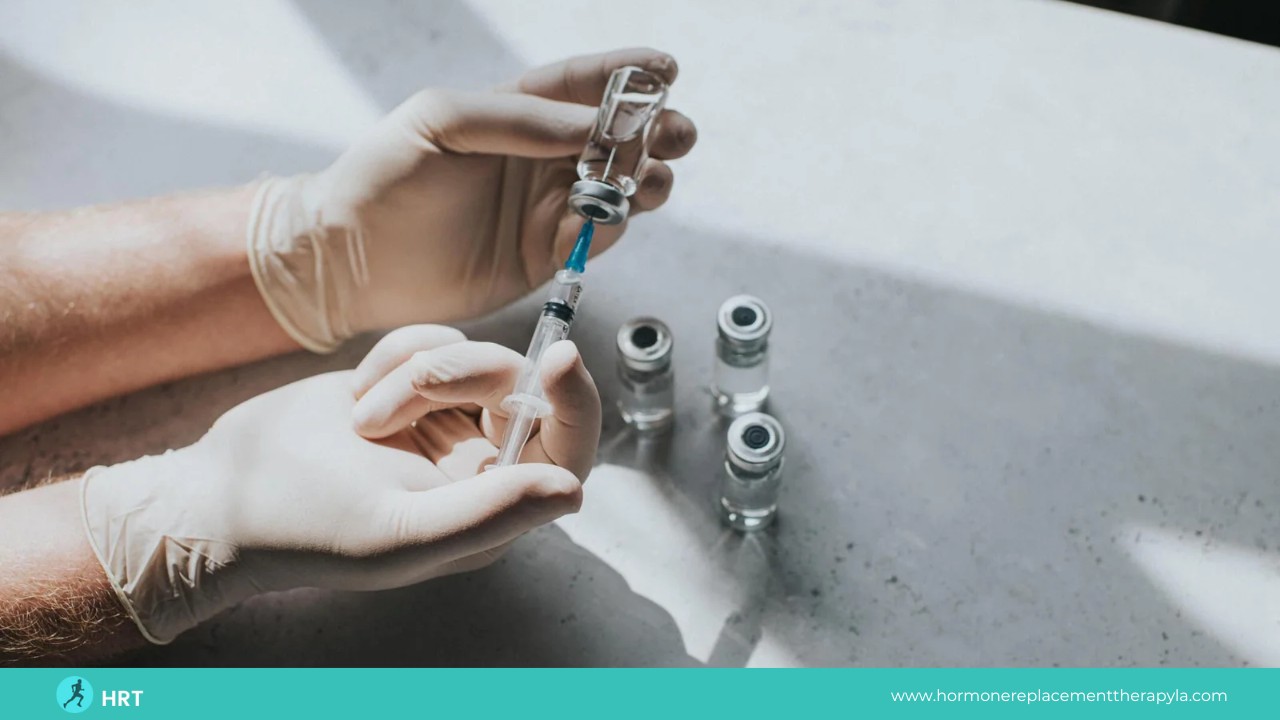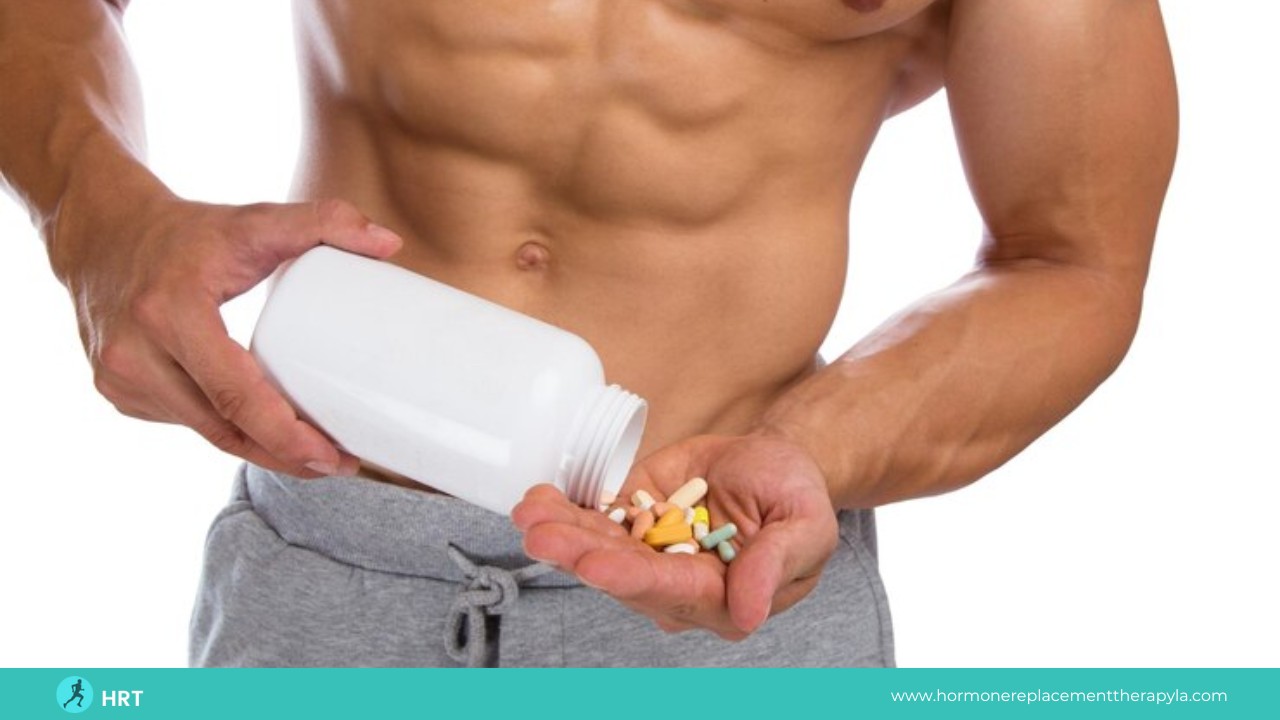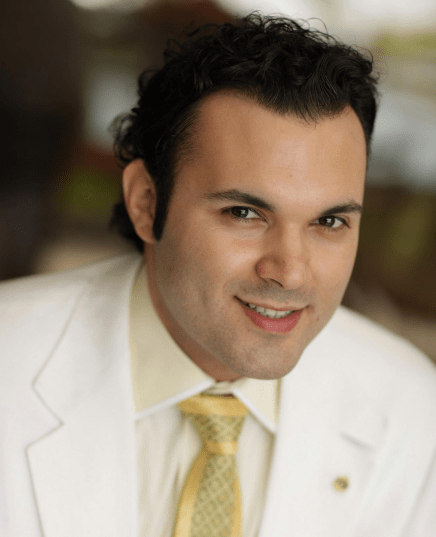Starting the search for testosterone therapy can feel like stepping into uncharted territory. Where do you even begin? Enter the Hormone Replacement Clinics, your guides through this journey towards hormonal balance.
These places are more than just a stop for treatment; they’re where your unique story and health needs are heard, understood, and addressed with care. Staffed by experts who navigate the complexities of hormones daily, they offer personalized plans that resonate with your body’s specific requirements.
This blog invites you on a journey to discover the crucial role these clinics play in providing testosterone therapy, highlighting their commitment to turning your quest for health into a path of personal empowerment.+
If you’re wondering where to start, you’re in the right place to find answers and action.
Understanding Low Testosterone
Low testosterone, medically known as hypogonadism, occurs when the body fails to produce sufficient levels of testosterone, a hormone critical to male health and development. This condition can stem from problems within the testes (primary hypogonadism) or issues with the hypothalamus or pituitary gland (secondary hypogonadism).
Symptoms vary but often include fatigue, reduced libido, difficulty in gaining muscle mass, and emotional changes like depression or irritability.
Accurately diagnosing low testosterone is crucial, as its symptoms can overlap with other health issues, making self-diagnosis unreliable. Professional medical evaluation is essential, typically involving a series of blood tests to measure testosterone levels, a thorough physical examination, and a medical history review.
This process ensures that any treatment, including testosterone replacement therapy, is appropriately tailored to the individual’s specific needs, addressing not just the symptoms but the underlying cause of low testosterone.
The Advantages of Hormone Replacement Clinics
Navigating the complexities of hormone health, particularly when dealing with low testosterone, demands a level of care that is both specialized and comprehensive.
Hormone replacement clinics stand out as pivotal resources in this journey. They offer a suite of advantages that cater to the unique needs of each individual seeking treatment.
Expertise and Specialization
Hormone replacement clinics are distinguished by their dedicated focus on hormonal health, staffed by experts in endocrinology and hormone therapy. These professionals bring a wealth of knowledge and experience, ensuring patients receive the most current and effective treatments.
Their specialization allows for a deeper understanding of the nuances of hormone disorders, such as hypogonadism, and the ability to navigate complex cases that general practitioners might find challenging.
Personalized Treatment Plans
One size does not fit all when it comes to hormone replacement therapy. Hormone replacement clinics excel at creating personalized treatment plans that consider an individual’s specific health profile, symptoms, and treatment goals.
This tailored approach ensures that each patient receives a regimen optimized for their unique situation, enhancing the likelihood of successful outcomes. Personalization extends beyond just the type and dosage of testosterone therapy to include adjustments based on patient feedback and changing health needs over time.
Comprehensive Monitoring
Effective hormone replacement therapy requires more than just initial treatment; it necessitates ongoing monitoring and adjustment. Hormone replacement clinics prioritize this aspect, conducting regular follow-ups and blood tests to track the therapy’s effectiveness and the patient’s overall health.
This continuous oversight allows for timely adjustments to the treatment plan, ensuring that hormone levels are maintained within an optimal range and that any side effects are promptly addressed. Comprehensive monitoring underscores the clinic’s commitment to treating and managing patients’ hormone health for the long term.
Integrated Healthcare Approach
Recognizing that hormone health is interconnected with broader aspects of well-being, hormone replacement clinics often adopt an integrated healthcare approach. This methodology encompasses lifestyle and diet advice tailored to support hormone balance and enhance the effectiveness of testosterone therapy.
Nutritionists, fitness consultants, and other wellness professionals may work alongside endocrinologists to provide a holistic plan that addresses all facets of the patient’s health.
This approach aims to improve hormone levels and elevate the patient’s overall quality of life. It recognizes the importance of mental, physical, and emotional health in treating hormonal imbalances.
Traditional Testosterone Therapy Options
For individuals grappling with low testosterone levels, traditional testosterone therapy offers a range of options designed to supplement or boost the body’s hormone production.
Hormone replacement clinics provide various forms of this therapy, each with unique benefits and considerations.
Understanding these options—including injections, patches, gels, and pellets—can help patients make informed decisions under the guidance of medical professionals.
Testosterone Injections
- Description: Testosterone injections involve administering the hormone directly into the muscle every two to four weeks. This method allows for a controlled release of testosterone into the bloodstream.
- Benefits: Injections are highly effective in raising testosterone levels and are often more cost-effective compared to other forms. They offer quick adjustments in dosage and are preferred by those seeking less frequent dosing schedules.
- Potential Side Effects: Some individuals may experience fluctuations in mood or energy levels as testosterone levels peak and then gradually decrease. Injection sites can become sore, with a slight risk of increased red blood cell concentration.
Testosterone Patches
- Description: Patches are applied to the skin, releasing testosterone steadily into the bloodstream through transdermal absorption. They are typically worn on the back, abdomen, upper arms, or thighs.
- Benefits: Patches maintain consistent testosterone levels, avoiding the peaks and troughs associated with injections. They’re convenient for daily use without the need for needles.
- Potential Side Effects: Skin irritation at the application site is the most common side effect. Daily applications are also needed, which might be inconvenient for some.
Testosterone Gels
- Description: Gels are applied to clean, dry skin on areas like the shoulders, upper arms, or abdomen, allowing testosterone to be absorbed directly into the bloodstream.
- Benefits: Like patches, gels offer a non-invasive, steady absorption of testosterone. They are easy to apply and can be adjusted to fine-tune dosage.
- Potential Side Effects: There’s a risk of transferring testosterone to others through skin contact with the application site. Other side effects include skin irritation and, rarely, alterations in cholesterol levels.
Testosterone Pellets
- Description: Pellets are small, rice-grain-sized doses of testosterone implanted under the skin, typically in the hip area. They release the hormone slowly over three to six months.
- Benefits: Pellets provide a long-term solution that maintains steady hormone levels without daily or weekly administration, making them a convenient option for those with busy lifestyles.
- Potential Side Effects: The implantation site can become infected or inflamed. Additionally, some patients may experience pellet extrusion, where the body pushes the pellet back out through the skin.
The Importance of Medical Supervision
Regardless of the chosen method, medical supervision is crucial in testosterone therapy. Health professionals in hormone replacement clinics can monitor therapy effectiveness, adjust dosages as needed, and mitigate potential side effects.
Regular follow-ups ensure that the therapy not only addresses the symptoms of low testosterone but does so safely, considering the patient’s overall health and well-being.
Alternative and Natural Ways to Boost Testosterone Levels

While traditional testosterone therapy offers a direct approach to managing low testosterone levels, many individuals seek alternative and natural methods to enhance their hormonal health.
Lifestyle changes, natural supplements, and herbal remedies can significantly support the body’s testosterone production. Here are ways these natural approaches can contribute to healthier testosterone levels.
Lifestyle Changes
- Diet: Nutrition has a profound impact on testosterone levels. Diets rich in lean proteins, healthy fats, and antioxidants can support hormonal balance. Foods high in vitamin D, zinc, and omega-3 fatty acids, such as fatty fish, eggs, and nuts, are particularly beneficial.
- Exercise: Regular physical activity, especially strength training and high-intensity interval training (HIIT), has been shown to boost testosterone levels naturally. Exercise also helps maintain a healthy weight and aids in hormonal regulation.
- Sleep: Quality sleep is crucial for testosterone production. Poor sleep patterns can significantly lower testosterone levels. Adults should aim for 7-9 hours of sleep per night to optimize hormonal health.
- Stress Management: Chronic stress elevates cortisol levels, which inversely affects testosterone. Effective stress management techniques, such as meditation, yoga, and deep breathing exercises, can help maintain healthy testosterone levels by reducing cortisol.
Natural Supplements
Certain vitamins and minerals are essential for testosterone production and hormonal balance:
- Vitamin D: Often referred to as the “sunshine vitamin,” vitamin D directly links to testosterone levels. Studies have found that vitamin D supplementation can increase testosterone levels in men with low exposure to sunlight.
- Zinc: This mineral is crucial for testosterone production. Zinc deficiency has been associated with low testosterone levels. Supplementing with zinc can help improve testosterone levels, especially in zinc-deficient individuals.
- Magnesium: Magnesium plays a role in over 300 enzymatic reactions in the body, including those involved in testosterone production. It also improves sleep quality, which, in turn, supports healthy testosterone levels.
Herbal Remedies
Herbs have been used for centuries to address a variety of health issues, including hormonal imbalances:
- Fenugreek: Fenugreek is known for its ability to increase testosterone levels naturally. Research has shown that it enhances sexual function and increases strength and fat loss in men.
- Ashwagandha: This adaptogenic herb helps reduce stress and cortisol levels, promoting an increase in testosterone. Studies have demonstrated its effectiveness in improving sperm quality and boosting testosterone in men experiencing stress-related infertility.
Comparing Traditional Therapy with Alternative Methods
When addressing low testosterone levels, individuals are often faced with a choice between traditional testosterone therapy and alternative methods, including lifestyle changes and natural supplements.
Each approach has its merits, and understanding the differences in efficacy, safety, and long-term benefits is crucial for making an informed decision.
Efficacy
- Traditional Testosterone Therapy: Traditional methods, including injections, patches, and gels, directly increase testosterone levels in the body. They are highly effective in quickly alleviating the symptoms of low testosterone, such as fatigue, decreased libido, and loss of muscle mass. The effects can be observed within weeks of starting the therapy.
- Alternative Methods: Lifestyle changes, dietary adjustments, and herbal supplements can support testosterone levels, albeit more gradually. The efficacy of these methods varies among individuals and often depends on the underlying cause of low testosterone. While they may not produce as rapid results as traditional therapy, they offer holistic health benefits that can improve overall well-being.
Safety
- Traditional Testosterone Therapy: While effective, traditional therapy comes with potential risks and side effects. These can include acne, sleep apnea, polycythemia, and alterations in lipid profiles. There’s also concern about the long-term impact on heart health and prostate health, requiring ongoing monitoring by healthcare professionals.
- Alternative Methods: Lifestyle changes and natural supplements are generally associated with fewer side effects and are considered safer for long-term use. However, the safety of herbal supplements can depend on the source and purity of the product. Choosing high-quality supplements and discussing their use with a healthcare provider is important to avoid interactions with other medications.
Long-term Benefits
- Traditional Testosterone Therapy: The long-term benefits of traditional therapy need careful monitoring due to the potential health risks associated with prolonged hormone supplementation. Regular follow-ups with a healthcare provider are essential to adjust the therapy as needed and monitor for adverse effects.
- Alternative Methods: The holistic nature of lifestyle modifications and natural supplements can offer broader long-term health benefits beyond improving testosterone levels. These include improved cardiovascular health, better weight management, and reduced stress levels. The sustainable nature of these changes can lead to lasting improvements in quality of life.
Scenarios for Preference
- Preference for Traditional Therapy: Individuals with clinically low testosterone levels due to hypogonadism who are experiencing significant quality-of-life issues may prefer traditional testosterone therapy for its immediate and noticeable effects. This is especially relevant when lifestyle changes and natural supplements have been tried without satisfactory improvement.
- Preference for Alternative Methods: Those with mild symptoms, a preference for natural treatments, or concerns about the side effects of hormone therapy might opt for alternative methods. This is also suitable for individuals focused on long-term health and wellness, where the holistic benefits of lifestyle and dietary changes align with their health goals.
Final Words
Hormone Replacement Clinics, especially those led by experts like Dr. David Nazarian at Hormone Replacement Clinic LA, stand as your allies. They provide treatments and a pathway to a revitalized life tailored specifically to you.
If you’re seeking the most updated and safe testosterone therapy in LA, look no further. Dr. Nazarian and his team are committed to guiding you through each step, ensuring your health journey is as informed as it is transformative.
Your next chapter begins here.
